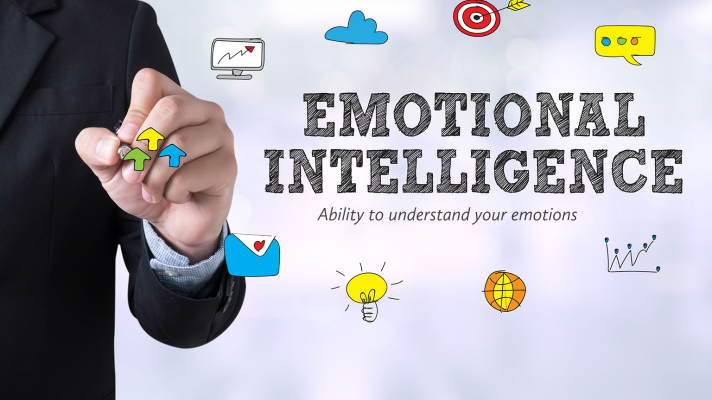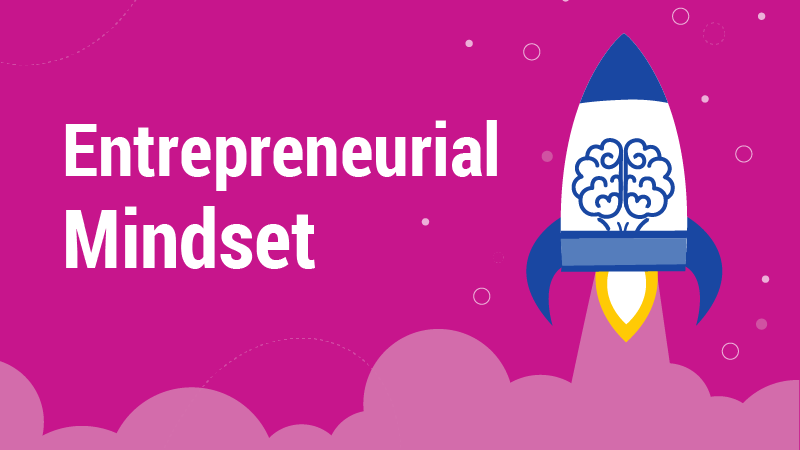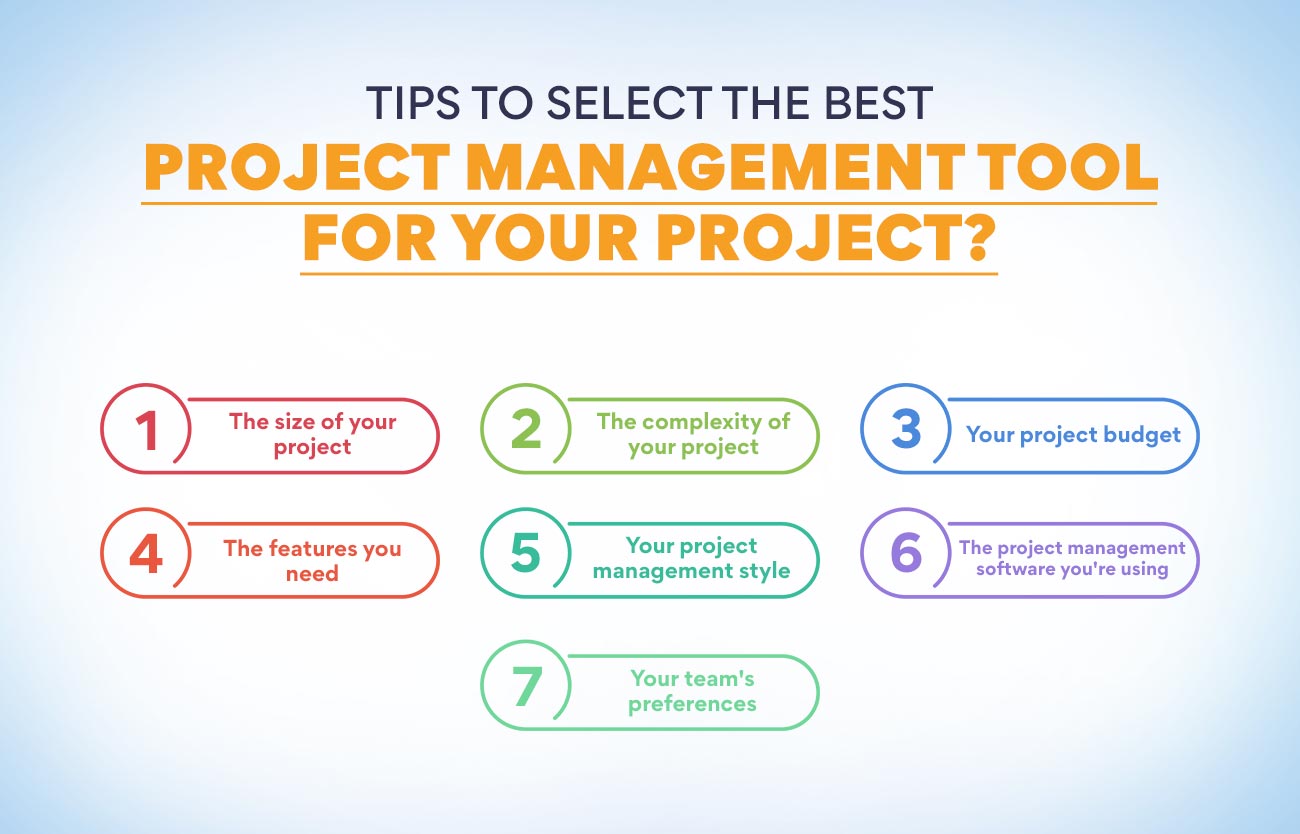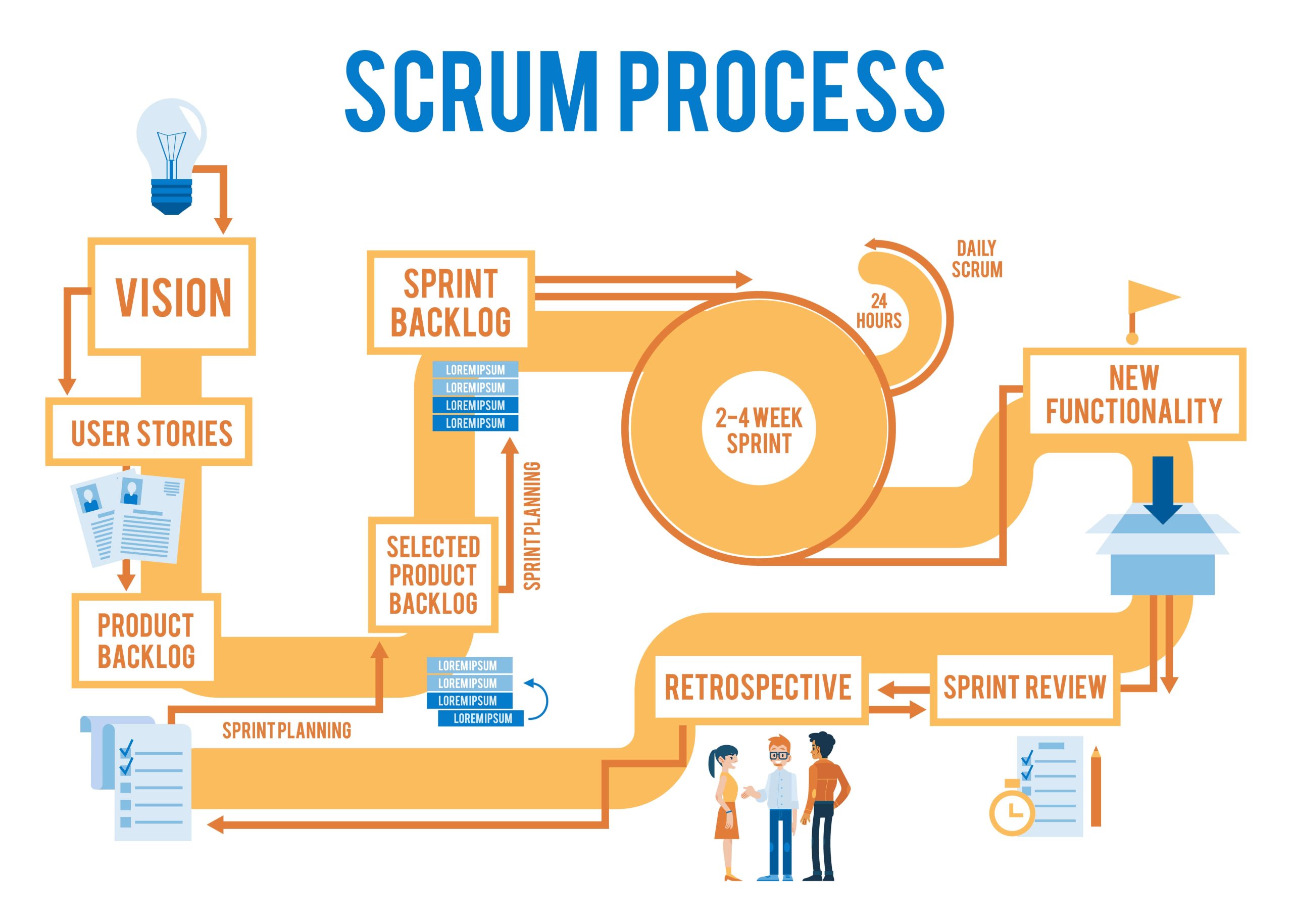Unlock Your Full Potential: Mastering Skills for Success in the Digital Age
Some examples of science-related topics include: 1. The effects of climate change on ecosystems. 2. The discovery and exploration of exoplanets. 3. The development of renewable energy sources. 4. The impact of genetic engineering on agriculture. 5. The study of the human brain and neurology. 6. The role of bacteria…










